New Michael Jackson album review: track-by-track
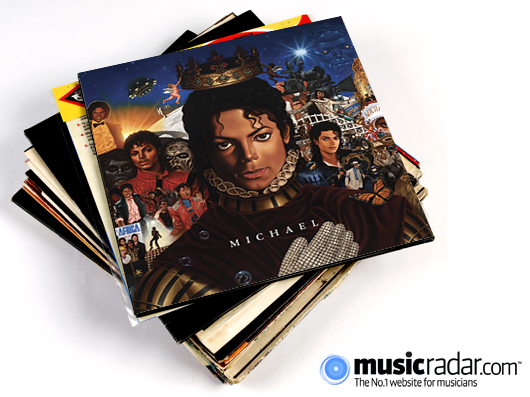
Introduction
Alarm bells sounded throughout the music industry when it was announced that a 'new' Michael Jackson album was being prepared for release. After all, having only issued three records of fresh material since the dawn of the '90s, all considered underwhelming when held up to his earlier triumphs, what hopes could there be for a ragbag of offcuts drawn together by others after the singer’s death?
Yet, while no one would have the gall to claim that the simply-titled Michael scales the dizzy heights of Off The Wall or Thriller, it nonetheless presents itself as a unified piece of work and testament to the man’s continued energy and inspiration. There is a danger, however, of its musical merits being overlooked because of the various unanswered questions that surround its completion.
Sony are being decidedly coy about revealing just how much work was done to these songs since Jackson’s death, and how much of each was committed to tape with his blessing. Internet chatrooms have been abuzz with suggestions that some vocals are the work of soundalikes, or that certain tracks had long been dismissed by Jackson himself and would never have been heard had he lived.
It’s worth pointing out, though, that almost all of this speculation comes from people who haven’t heard the album, and it will be interesting to monitor its reception once it reaches record stores on 13 December.
The press statement given to reviewers at high security listening sessions leading up to the album’s release only partially clarifies its construction: “Using the roadmap Michael provided with his notes, his voice and the creative ideas he had shared, they took the songs left by Michael in various stages of production and completed the album. Here is Michael’s work, brought to life through them.”
Ultimately, then, it’s perhaps the most – necessarily – collaborative album of Jackson’s career, but while its 10 songs are liberally daubed with the fingerprints of fellow musicians, writers and producers, the talent, intentions and work ethic of one man shines like a beacon throughout.
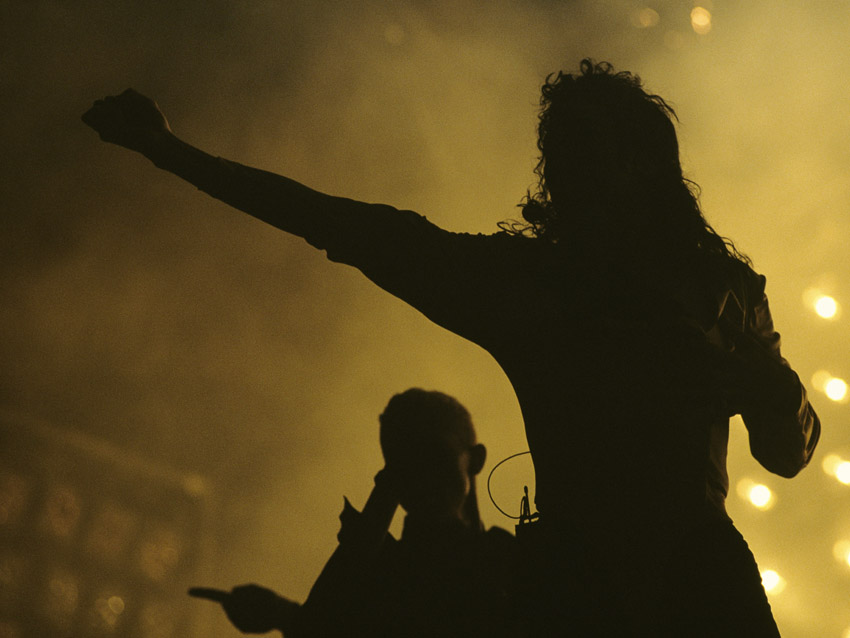
Hold My Hand
A wash of smooth strings wells up, giving way to a shuffle beat seemingly constructed on a stuttering, primitive drum machine, before Jackson delivers the opening line: “This life don’t last forever...”
Posthumous lyrical allusions aside, it’s a fairly unremarkable start to the album, its ultimately uplifting message no better or worse than the numerous anthemic numbers in Jackson’s back catalogue, although the mid-song rap by Akon gives it a much-needed shot of energy.
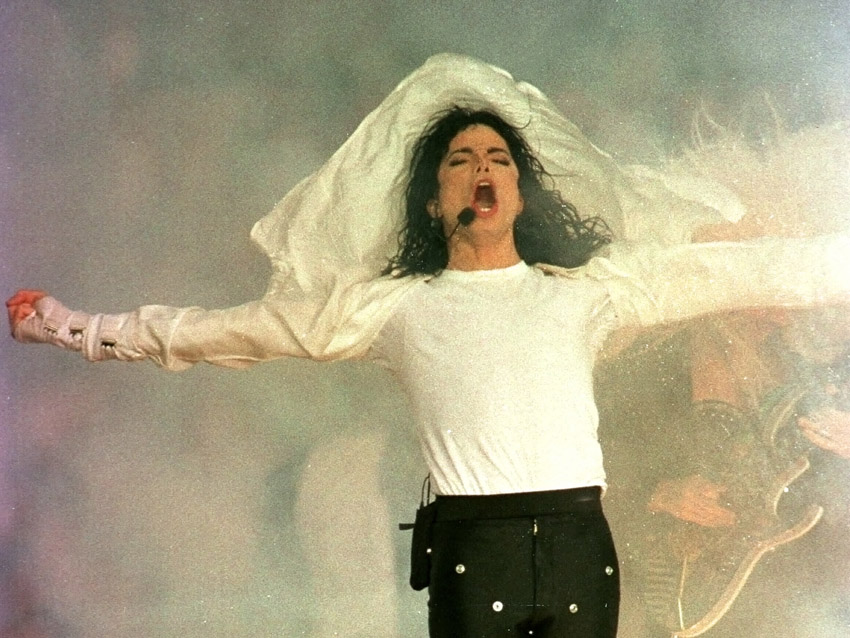
Hollywood Tonight
A chanting hymnal intro sets the scene, before a sly bass groove that recalls Smooth Criminal takes over and Teddy Riley’s slick production transports us to one of the most urgent dance tracks of Jackson’s career.
Originally earmarked for 2001’s Invincible, it’s one of the album’s busiest tracks, a scratchy electric guitar break duelling with the kind of lush strings more associated with '70s Philly soul, while the lyric warns of the dangers inherent in chasing your dream in the big city.
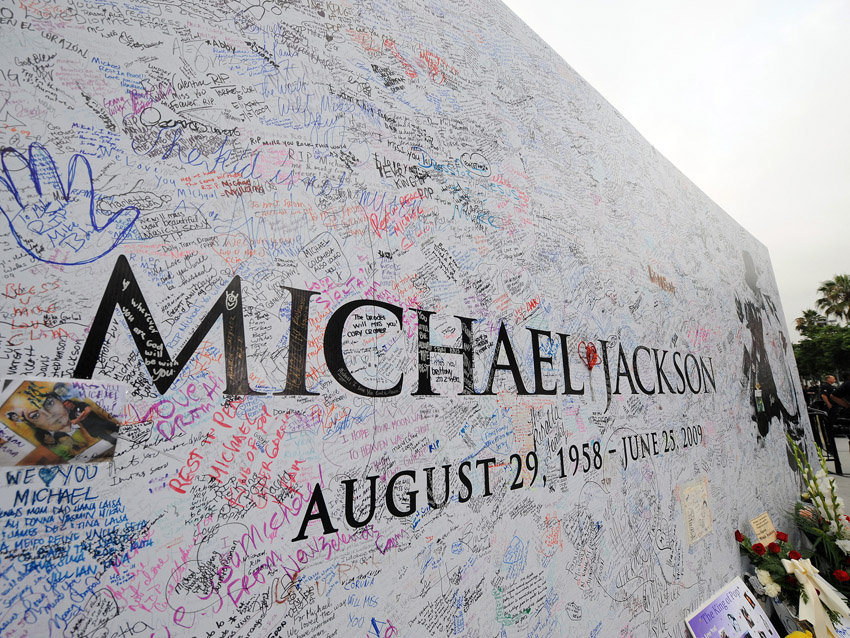
Keep Your Head Up
The first of three numbers co-written with Jackson’s longtime friend New Jersey musician Eddie Cascio. A gentle Spanish guitar and delicate piano melody underpin a song about a downtrodden woman hoping for better times ahead: “She works in a restaurant, waiting her life away."
Jackson started working on it in 2007, although structurally and sonically it harks back to Rod Temperton’s The Lady In My Life, the closing track on Thriller.
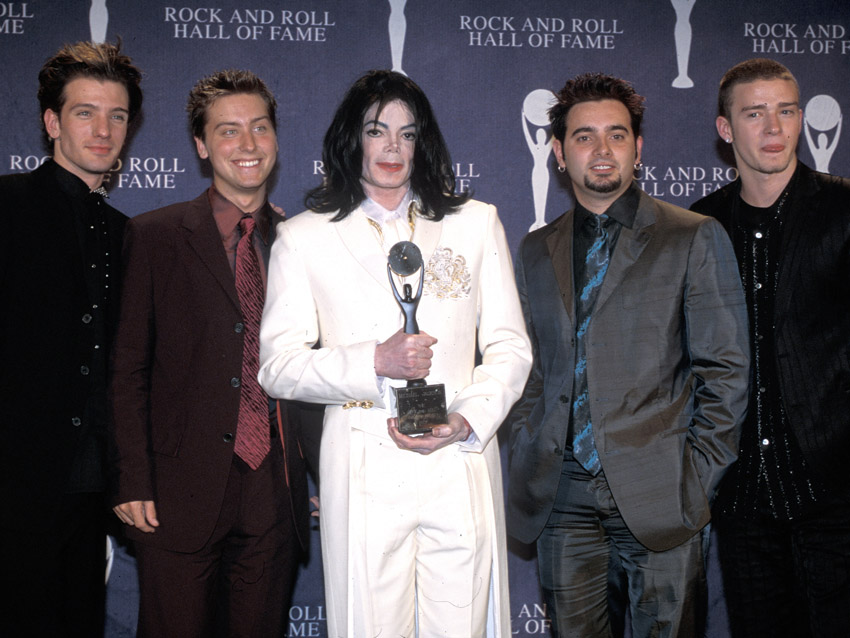
(I Like) The Way You Love Me
Jackson’s original demo was first heard on 2004’s five-disc Ultimate Collection, part of which survives on this elaborate makeover, completed after the singer’s death by producer Theron ‘Neff-U’ Feemster, most notably singing the opening verse down a phone line.
What emerges here is a surprisingly authentic slab of sun-kissed '60s pop (think Crystal Blue Persuasion by Tommy James & The Shondells) full of gorgeous multitracked harmonies and attractive chord sequences, like something Todd Rundgren might have produced in the early '70s.
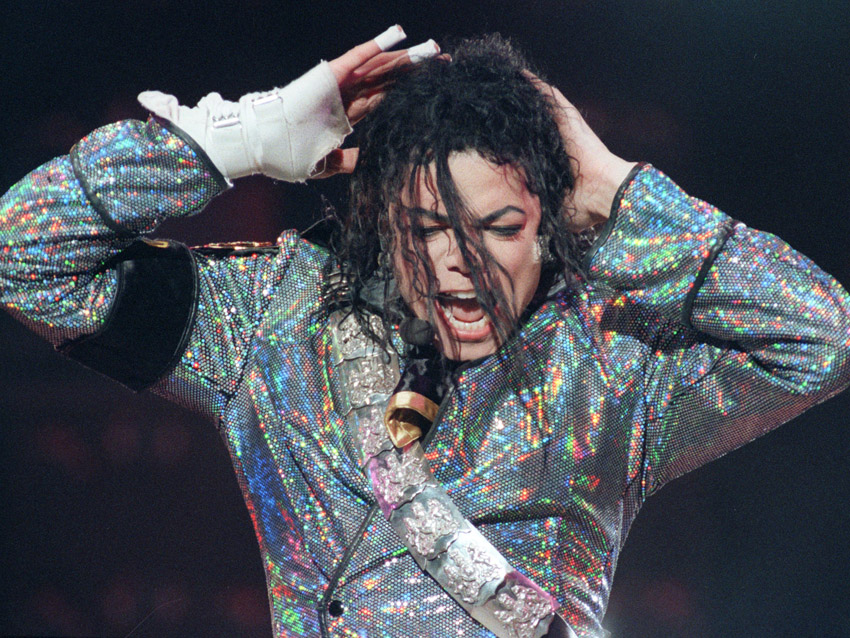
Monster
After the delicacy of his vocal on the previous two songs, Jackson here is in the raspy-voiced territory of, say, Scream or Dirty Diana.
Far and away the most aggressive-sounding track (and another lyric about the predatory nature of Hollywood), it’s punctuated by a 50 Cent rap and a staccato drum rhythm that, intentionally or otherwise, sounds like gunfire. Michael started work on it at Eddie Cascio’s home studio in 2007, laying down the backing vocals through a length of PVC tubing!
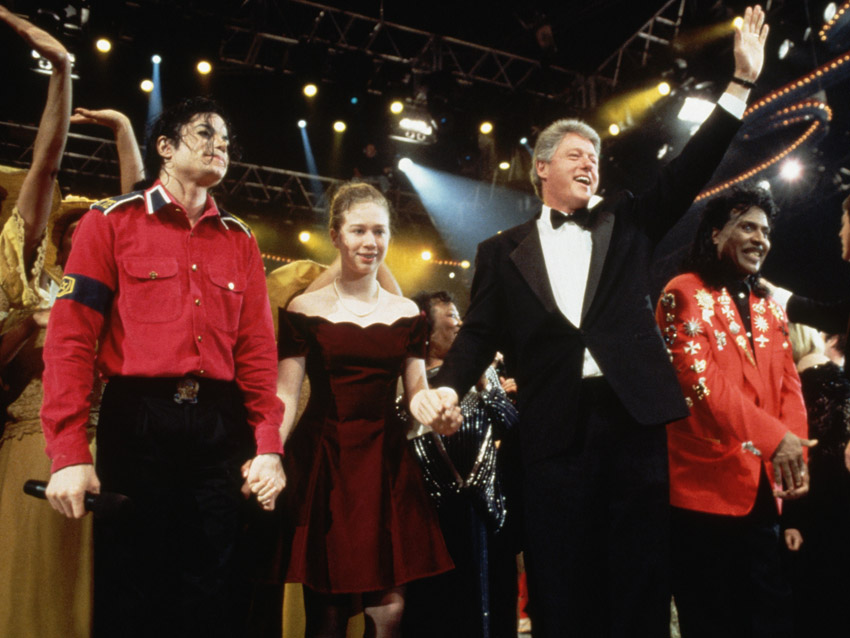
Best Of Joy
Thought to be the last song Jackson was working on at the time of his death, going as far as provisionally booking studio time in London during his planned run of shows at the O2 Arena to add more elements.
Since completed by Neff-U, the soft acoustic guitar-led ballad’s sweet falsetto and slightly cloying – not to mention grammatically muddled - lyric (“I am the moon, you are the spring, our lives a sacred thing”) seem at odds with cumbersome and thunderous drum track, resulting in a disjointed whole.
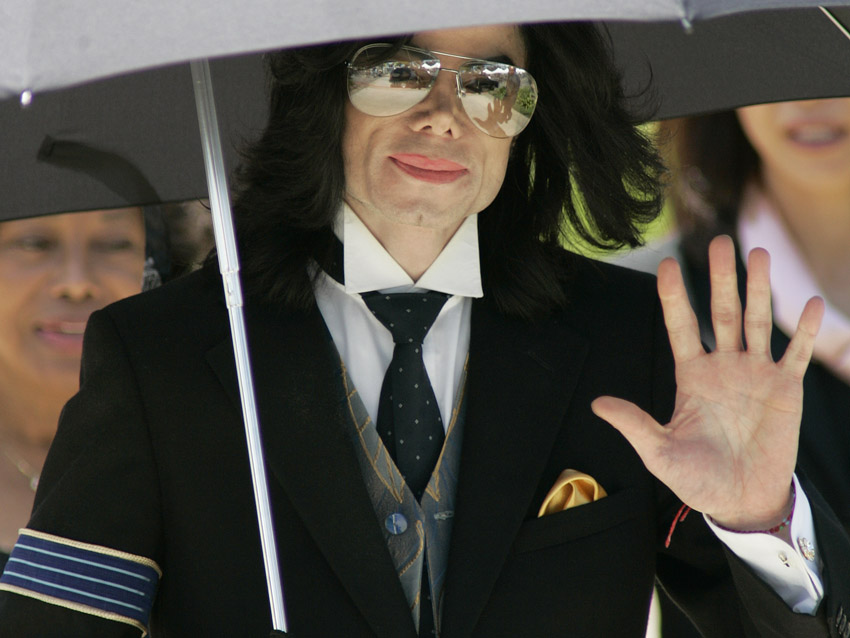
Breaking News
This Cascio collaboration is already the subject of some controversy, after a 42-second excerpt was released to radio as a teaser for the album last month.
Clearly, Jackson intended the song to be a comment on his relentless hounding by the media, but the question remains as to how complicit he might have been in the grafting of sampled TV news reports onto the finished track (“...allegations made against the performer...”, “...here we go again, another lawsuit...”).
Such additions seem surplus to requirement, the singer having already laid down the lyric “everybody wants a piece of Michael Jackson” and berating the press who “use their words to destroy, like they’re weapons”. Musically, it’s perhaps the most pedestrian of the 10 songs here, an almost painting-by-numbers predictable dance groove that never seems to lead anywhere.

(I Can't Make It) Another Day
After the opening Hold My Hand, the second and last track that doesn’t list Jackson as a writer. Lenny Kravitz takes the sole composer credit, having first pitched the song to Michael during the recording of the Invincible album.
The Kravitz/Jackson demo was leaked on the internet in 2008, prompting Kravitz to complete the track himself, inviting Dave Grohl to contribute drums. Consequently, it comes across as a loud and proud no-nonsense rocker, Jackson’s lusty demo vocal embellished by a wailing guitar solo and a pounding rhythm that wouldn’t be out of place on a Foo Fighters record.

Behind The Mask
The closest to a cover version on the album, this was reportedly one of Jackson’s favourite songs, which he first heard on Yellow Magic Orchestra’s 1979 album Solid State Survivor.
YMO leader Ryiuchi Sakamoto gave his blessing to Michael adding his own lyrics, the result being yet another self-referential ode to living life under a microscope. Sonically, it stays relatively true to the original (which is briefly sampled), although the clinical synth disco rhythm is bolstered by tacked-on audience screams and a slightly out-of-place saxophone break.
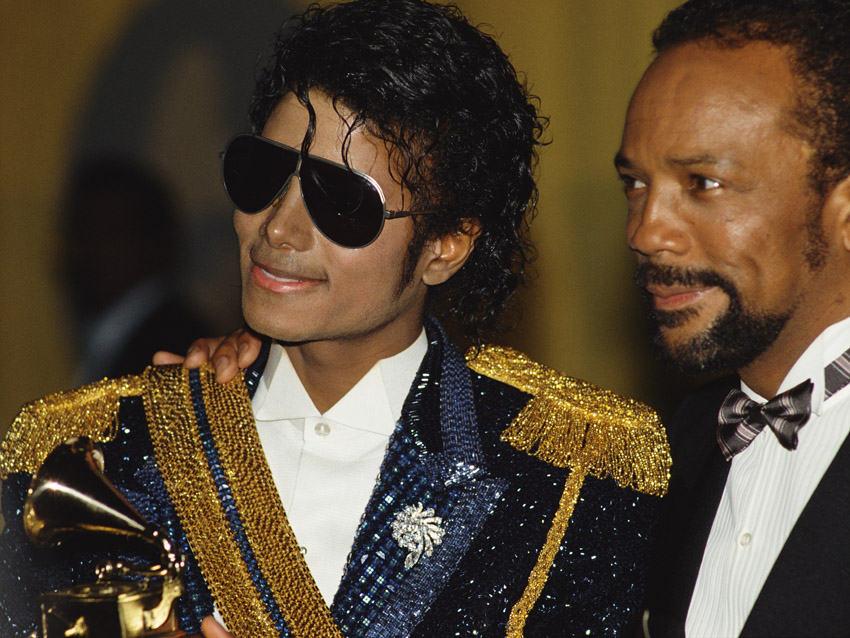
Much Too Soon
The album signs off with its oldest original song, written by Jackson for Thriller in 1982 but ultimately shelved because producer Quincy Jones allegedly felt it didn’t sit well with the record’s overall dance vibe.
It’s a remarkably pure and simple ballad of love, loss and regret, with acoustic guitar and accordion taking centre stage, and a reminder of Jackson’s innate gift as a songwriter of subtlety and directness. Producer John McClain admirably resists the temptation to give it any over-egged sonic makeover, a lesson some of the studio whizzes who worked on other tracks might have done well to heed.
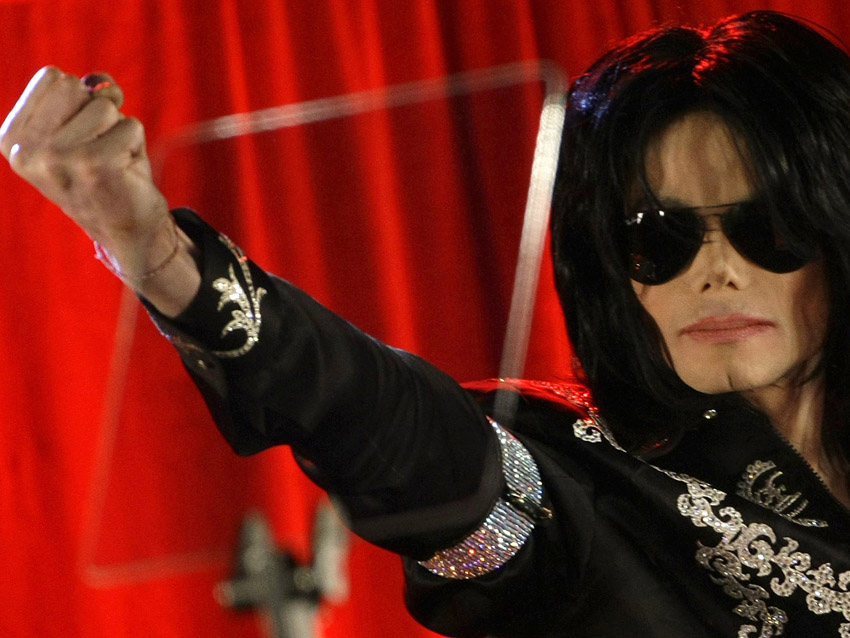
Verdict
Throughout his adult career, Jackson walked a thin line between perfection and procrastination, constantly shelving songs he felt still needed some work, while those around him remained convinced that the job was done. It could be argued that had he lived, very few of these tracks would ever have seen the light of day.
In all truth, there are numbers here that feel salvaged and sellotaped together that he would most likely have vetoed for release, but by the same token there are others (Hollywood Tonight, Behind The Mask, Much Too Soon) that hold their heads high alongside his very best work.
Initial fears that the project would be little more than a cynical posthumous cash-in are unfounded, as although it might not be the album Jackson himself would have wanted us to hear, it’s a solid collection and arguably better than any of us could have expected.